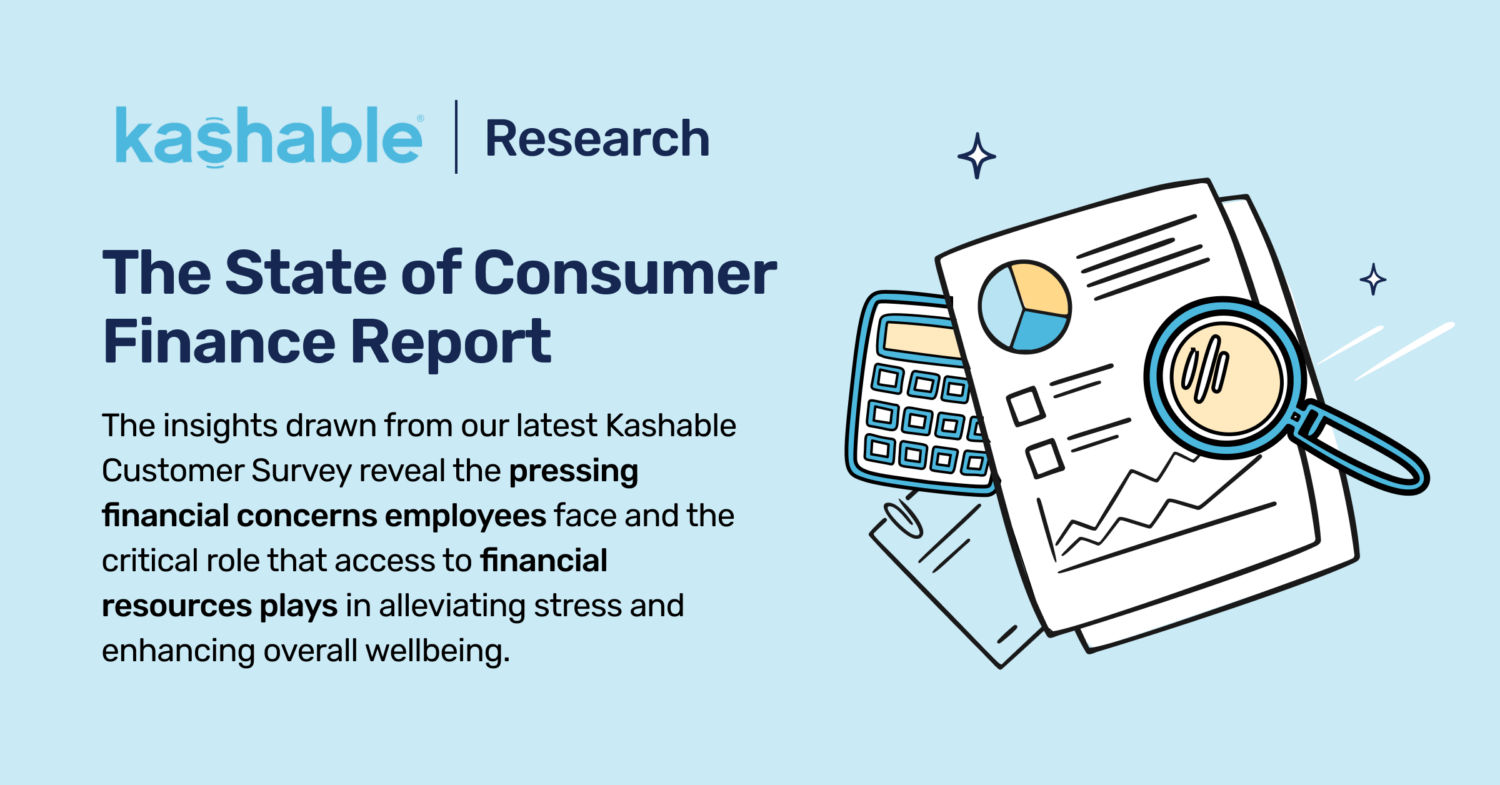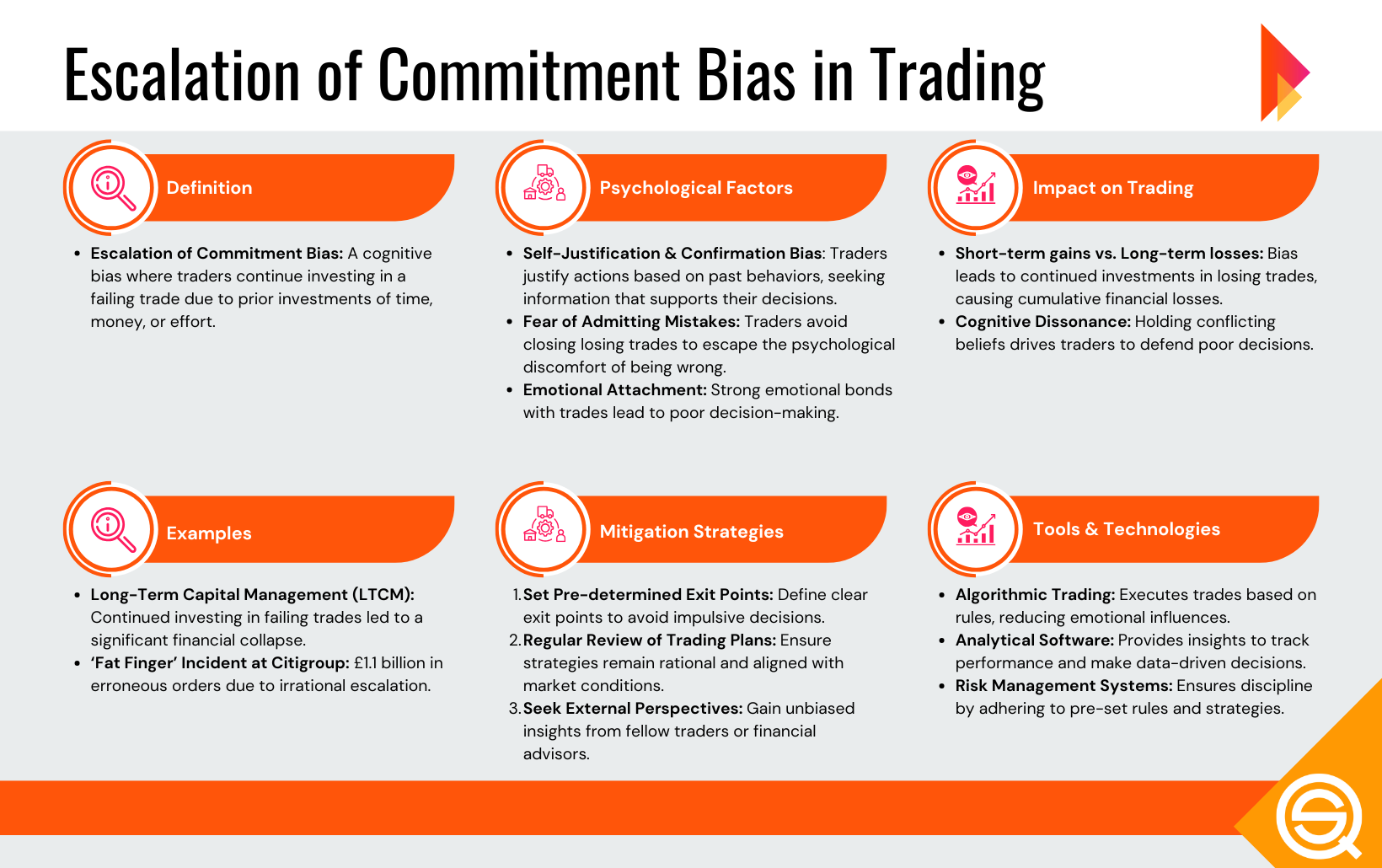Did you know that a trader’s emotions can be as unpredictable as the stock market itself? In this article, we dive deep into how emotional errors can heighten risks in day trading. We explore the profound impact of emotions like fear, greed, and impatience on trading success and decision-making. Common mistakes that traders make due to emotional lapses, such as overconfidence and impulsive actions driven by anxiety, are highlighted. Additionally, we discuss the signs of emotional trading and how regret can influence future decisions. Finally, discover effective strategies from DayTradingBusiness to manage emotions and maintain discipline, ensuring that your trading plans remain intact and your risks minimized.
How do emotional errors impact day trading success?
Emotional errors cause impulsive decisions, leading to premature exits or holding onto losing positions. They increase panic selling during downturns and greed-driven overtrading during rallies. These mistakes amplify losses, erode confidence, and make it harder to stick to a disciplined trading plan. Overall, emotional errors heighten risk by undermining rational judgment and increasing volatility in trading outcomes.
What are common emotional mistakes traders make?
Common emotional mistakes traders make include impulsive decisions driven by fear or greed, overtrading to chase quick profits, and holding onto losing positions out of hope. These errors increase risk by clouding judgment, leading to poor entry and exit timing, and amplifying losses. Emotional trading often causes panic selling or reckless buying, making outcomes unpredictable and magnifying financial damage.
How does fear influence day trading decisions?
Fear causes traders to hesitate or exit trades prematurely, locking in losses or missing gains. It prompts impulsive decisions, like selling at the worst moment or avoiding risky setups. This emotional error leads to inconsistent strategies and increases the chance of big losses. Fear also amplifies stress, clouding judgment and making traders react emotionally rather than logically.
How does greed increase trading risks?
Greed makes traders hold onto losing positions longer, hoping for bigger gains, which increases potential losses. It pushes them to take bigger, impulsive trades without proper analysis, heightening risk. Greed skews judgment, leading to overconfidence and ignoring market signals, risking significant losses.
Why is impatience dangerous in day trading?
Impatience leads to rushed decisions, causing traders to ignore signals or enter trades prematurely. This emotional error fuels impulsive moves, increasing the chance of losses. It makes traders overlook proper analysis, risking bigger mistakes. Impatient traders often chase quick profits, exposing themselves to higher volatility and poor risk management.
How does overconfidence affect trading outcomes?
Overconfidence makes traders take bigger risks, ignore warning signs, and overestimate their skills, leading to bigger losses. It fuels impulsive decisions, causes them to hold onto losing trades too long, and underestimate market volatility. This emotional error blinds traders to reality, increasing the chances of costly mistakes and unpredictable outcomes in day trading.
What role does stress play in trading errors?

Stress increases emotional errors in day trading, leading to impulsive decisions, overtrading, and ignoring risk management. It clouds judgment, causes panic selling or rushing into trades, and amplifies fear and greed. These emotional reactions heighten the risk of costly mistakes and losses.
How can emotional reactions lead to poor trade entries?
Emotional reactions can cause traders to panic sell or hold too long, leading to poor trade entries. Fear might make you exit too early, missing gains, while greed can push you into risky positions. Impulsive decisions driven by emotions bypass logical analysis, increasing chances of entering at unfavorable prices. These emotional errors often result in chasing losses or entering trades based on hope rather than strategy, raising overall trading risk.
Why do traders struggle to stick to their plans?

Traders struggle to stick to their plans because emotions like fear and greed override logic, causing impulsive decisions. When anxiety spikes during losses, they abandon strategies to avoid further pain. Overconfidence after wins makes them deviate from their plan, risking bigger mistakes. Emotional errors heighten risk by fueling panic selling or reckless buying, leading to inconsistent trading and bigger losses.
How does anxiety cause impulsive trading?
Anxiety fuels impulsive trading by impairing judgment and increasing emotional reactions. When anxious, traders struggle to think clearly, leading to rash decisions based on fear or panic. This emotional turmoil pushes them to act quickly, often ignoring signals or risk management, which heightens trading errors and losses.
What are the signs of emotional trading?
Signs of emotional trading include impulsive decisions, revenge trading after losses, overtrading to chase gains, fear-driven hesitation, and overreacting to market swings. Emotional errors heighten risk by clouding judgment, leading to poor entry and exit points, increasing losses, and preventing disciplined trading. These behaviors cause traders to abandon strategies, making them vulnerable to bigger mistakes and financial harm.
How can emotional errors lead to significant losses?
Emotional errors cause traders to make impulsive decisions, like panic selling or overtrading, ignoring market signals. These reactions often lead to large losses because they bypass rational analysis. Fear and greed drive traders to abandon their strategies, increasing exposure to risky trades. Overcoming emotional errors requires discipline to stick to plans, reducing costly mistakes.
How does regret affect future trading decisions?
Regret makes traders hesitant or overly cautious, leading to missed opportunities or rushed moves to recover losses. It can cause emotional errors like revenge trading, increasing impulsiveness and risking larger losses. Fear of regret might make traders avoid taking necessary risks, while dwelling on past mistakes clouds judgment, leading to poor decision-making. Overall, regret heightens emotional errors, amplifying risks and reducing trading discipline.
What strategies help manage emotions in day trading?
Managing emotions in day trading requires techniques like setting strict stop-loss orders to limit losses, sticking to a predetermined trading plan to avoid impulsive decisions, and practicing mindfulness to stay calm during volatility. Taking breaks when feeling overwhelmed helps prevent emotional reactions. Keeping a trading journal to reflect on emotional triggers and learning from mistakes also reduces impulsive errors. Developing discipline and accepting losses as part of trading prevents emotional revenge trades, which heighten risk.
How can traders prevent emotional errors from escalating?

Traders prevent emotional errors from escalating by sticking to a strict trading plan, using stop-loss orders, and managing risk carefully. They stay disciplined, avoid impulsive decisions, and take breaks when emotions run high. Keeping a trading journal helps identify emotional triggers, so they can develop strategies to stay calm. Practicing mindfulness or meditation can also reduce emotional reactions during volatile markets.
Why is emotional discipline crucial for day traders?
Emotional discipline keeps day traders from making impulsive decisions driven by fear or greed. Without it, traders panic sell during dips or chase after risky trades, increasing losses. Emotional errors lead to overtrading, revenge trading, and ignoring analysis, all raising the risk of significant financial damage. Staying calm and disciplined helps traders stick to their strategy and manage volatility effectively.
Conclusion about How do emotional errors heighten risk in day trading?
In summary, emotional errors significantly heighten risks in day trading, impacting decisions and leading to costly mistakes. Traders often succumb to fear, greed, impatience, and overconfidence, which can derail their strategies and increase the likelihood of losses. Recognizing emotional triggers and implementing effective management strategies are essential for maintaining discipline and achieving success. By prioritizing emotional control, traders can enhance their performance and make more informed decisions in the fast-paced trading environment. DayTradingBusiness offers valuable insights and tools to help traders navigate these emotional challenges effectively.
Learn about How Do Institutional Traders Manage Risk During Day Trading?